The latest from the front line
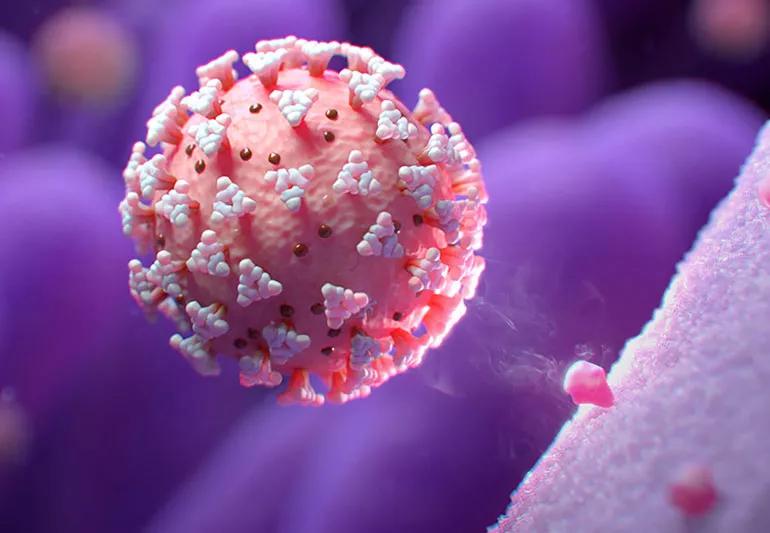
We’ve accepted the harsh realities of COVID-19 and we’ve adjusted our lives accordingly. And yet, we still have so many unanswered questions like why has COVID-19 taken such a detrimental toll and where are we in the process of finding a cure?
Advertisement
Cleveland Clinic is a non-profit academic medical center. Advertising on our site helps support our mission. We do not endorse non-Cleveland Clinic products or services. Policy
To get a better idea of where science is headed, here are some insights from Serpil Erzurum, MD, Chair of the Lerner Research Institute.
Dr. Erzurum: These viruses are similar because they’re encoded with Ribonucleic acid or RNA. We have DNA in our cells. They all infect the human host, but the difference between them and COVID-19 is this coronavirus is infectious before you become sick. It is infectious while you look very healthy and that’s a very big difference between this coronavirus and the other viruses.
Dr. Erzurum: This virus is very similar to the first SARS virus where immunity was very effective. Current data suggests that immunity occurs in people who’ve had the virus and that’s effective for preventing them from getting infected again. The best evidence that we do have for effective immunity is the fact that we can take plasma from an individual who was infected, transfer that immunity passively to somebody who does have the infection, and it helps them recover. All those things strongly support that immunity does develop and it’s effective at neutralizing the virus.
Dr. Erzurum: The problem is that there are a lot of coronaviruses. For example, the common cold is a coronavirus. Immune testing to diagnose COVID-19 is difficult to do because if you’ve had a common cold a few weeks before and we tested your body, it would look like you have immunity to coronavirus, but not necessarily to COVID-19, and not necessarily that protectant from catching it. It would be a false reassurance to do immunoglobulin testing as a diagnostic strategy.
Advertisement
Dr. Erzurum: The usual strategy for making a vaccine is you take the live virus, you inject it into chicken eggs, you allow the virus to grow, and then you deactivate it and inject that into people so immunity develops. When the real virus comes along, you’re protected. That process can take 12 to 18 months. But there are new strategies where we don’t have to grow the virus, we can take the nuclear material that encodes part of the virus (the surface proteins) and inject them into the body. Your body will recognize it as being foreign. Antibodies are again developed and they attack the surface proteins so they go away. Now, if the virus enters your body, your body remembers those proteins and the antibodies come and destroy the virus.
There are so many new technologies now that are using this type of strategy. Many studies are already in phase one and some are even entering phase two and phase three. Phase three means large studies and quicker paths to having something available for our community.
You can watch Dr. Erzurum’s full interview with Cleveland Clinic CEO, President and Morton L. Mandel CEO Chair Tom Mihaljevic, MD here.
Video content: This video is available to watch online.
View video online (https://www.youtube.com/embed/AhR6x_LD06c?feature=oembed)
Cleveland Clinic Researchers Expand Our Understanding of COVID-19
Advertisement
Learn more about our editorial process.
Advertisement
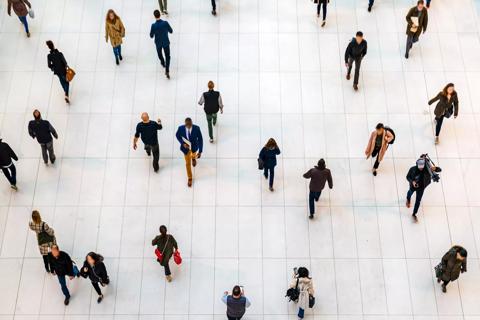
The short answer: It’s complicated, but the basic care precautions still prevail, like washing your hands and isolating if you’re sick
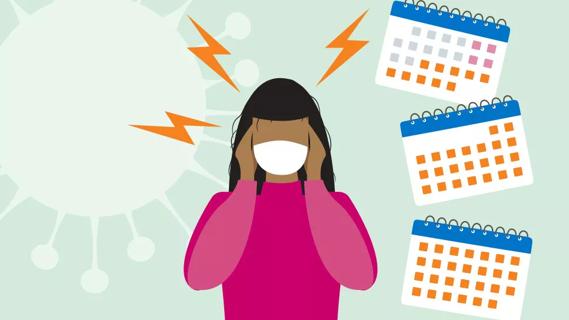
They can feel like a typical headache or a migraine headache, but the pain can last for weeks to months

Any large social gathering — from a family birthday party to an indoor music concert — has the potential to spread serious infection

It’s important to connect with a healthcare provider, get quality sleep and balance your activities with your energy levels
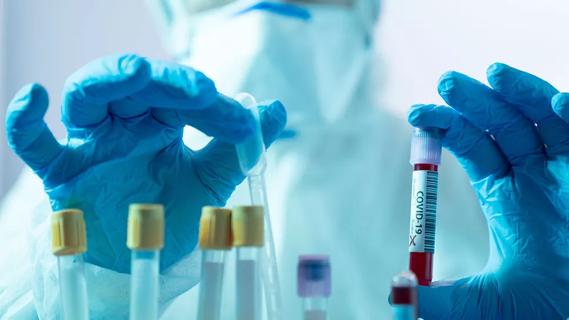
Just like the flu, COVID-19 will continue to evolve every year
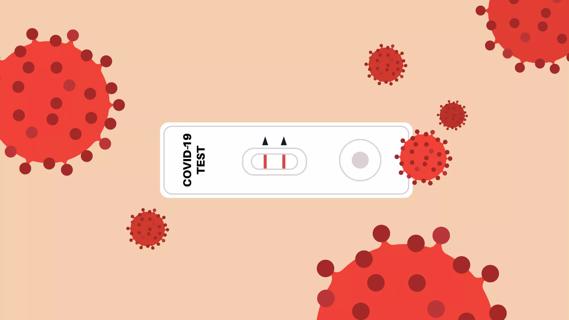
The duration varies, but symptoms can linger for a few days up to a couple weeks or more

Vaccination is best for prevention, but if you get sick with COVID-19, treatments are available
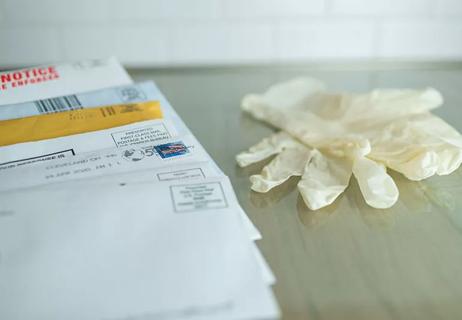
The virus lives best in humans, but it can last on hard surfaces, like doorknobs and railings

Type 2 diabetes isn’t inevitable with these dietary changes

Applying a hot or cold compress can help with pain